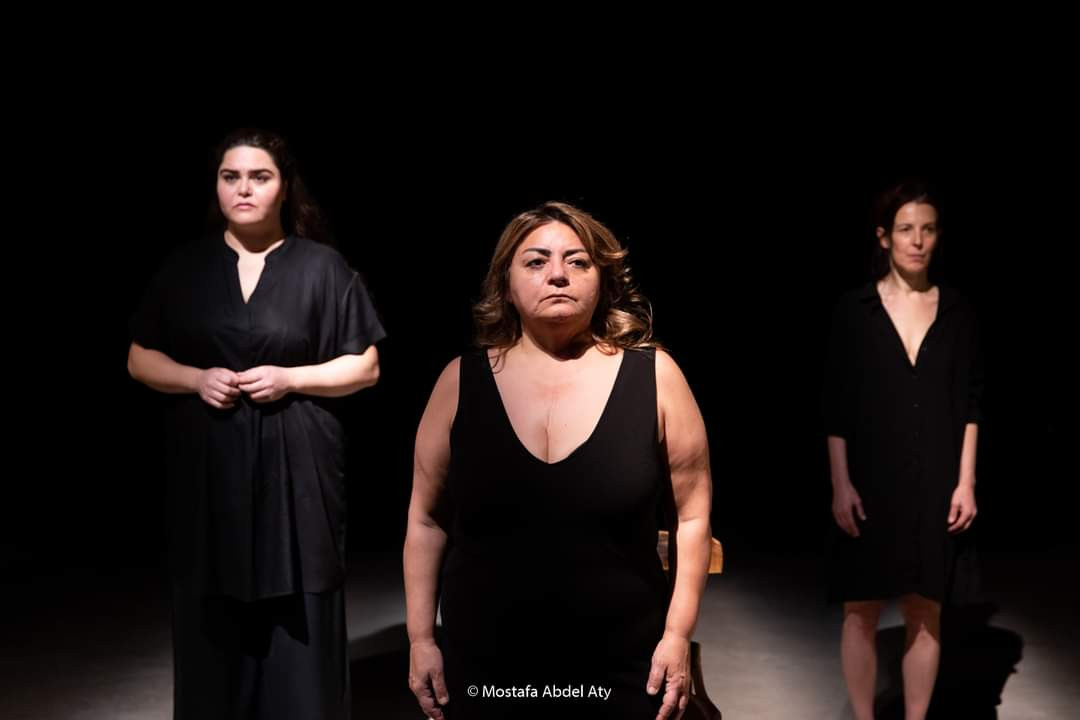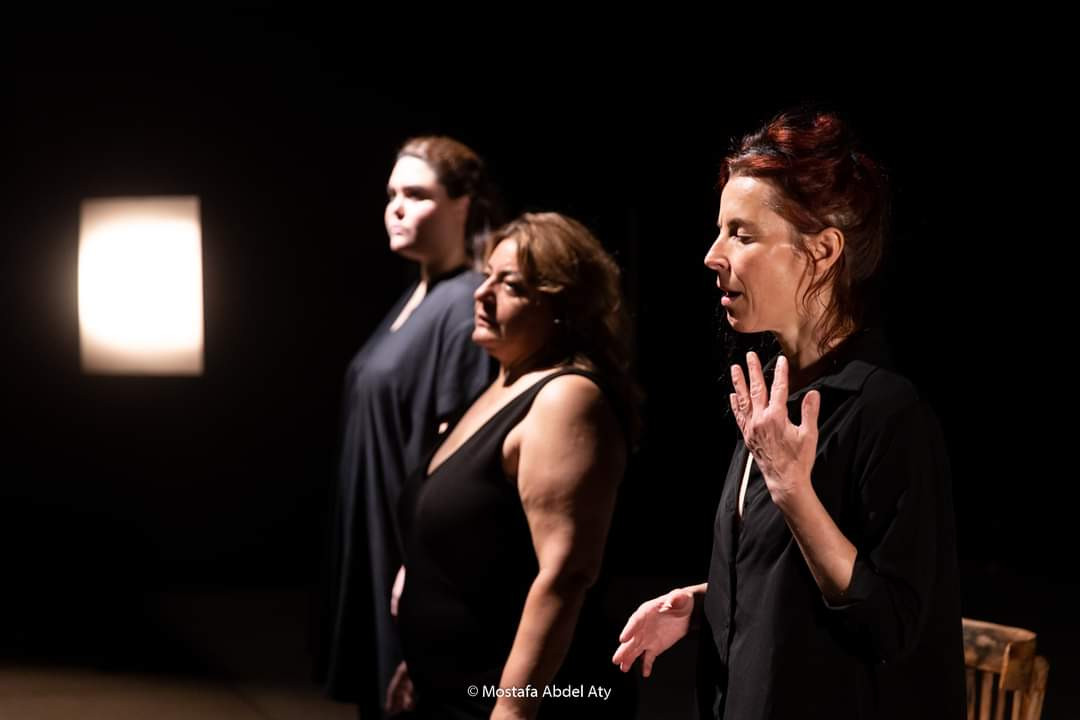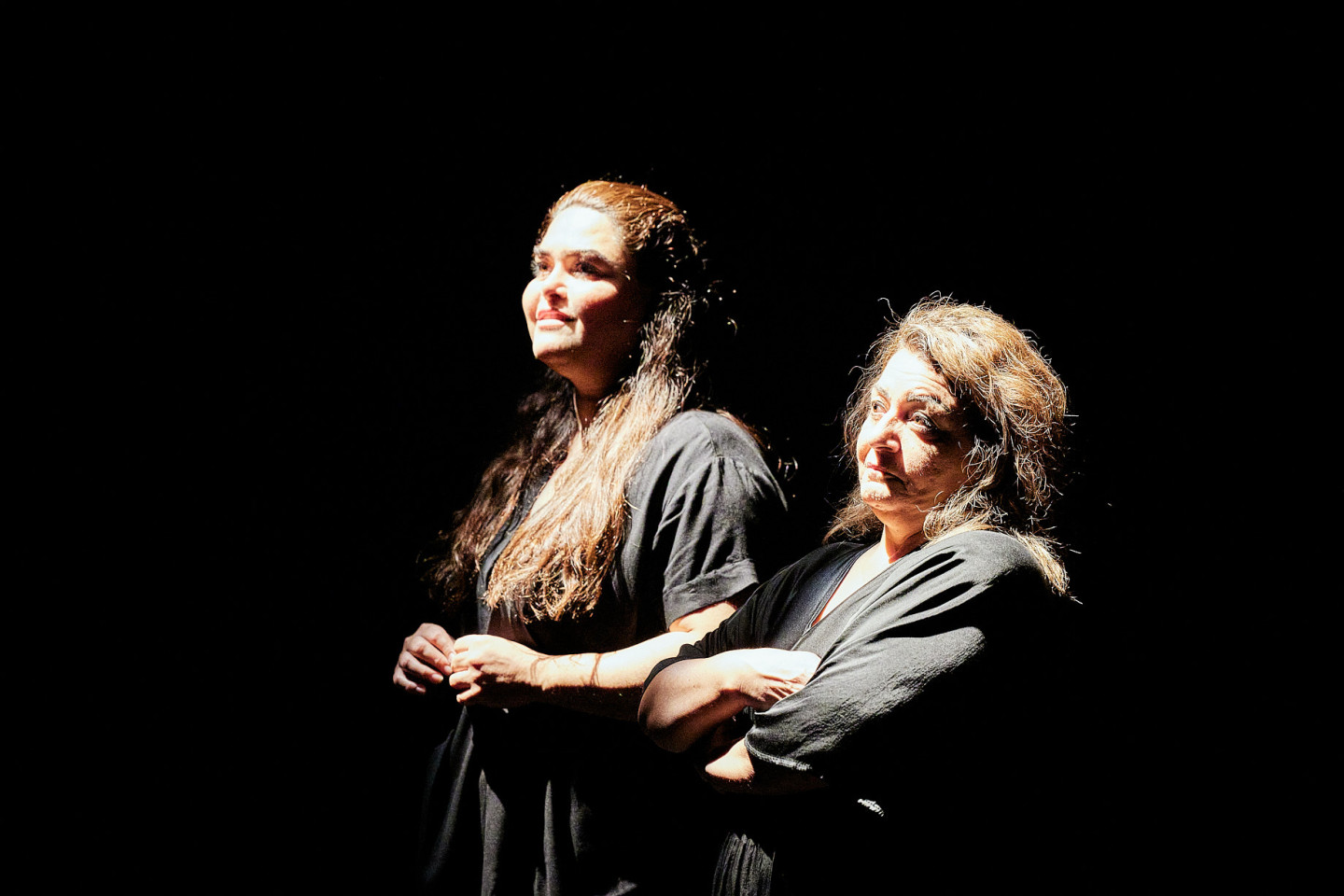The larger Arab public in all age groups is attached to spoken poetry events, but opportunities are rare. The Shaeirat project strengthens quantity and quality through organizing performances in cultural venues, readings in libraries, book signings in bookstores, workshops in universities and high schools, lectures, etc., and will provide multiple opportunities for multiple Arab audiences to renew or establish a relationship with spoken word Arabic contemporary poetry.
The Shaeirat project has opened a hitherto unexplored avenue for the regeneration, by women, of contemporary Arabic poetry: “the rebirth of poetry after its death”, even enthused Yemeni writer Ali Al Muqri. The Shaeirat festivals. inagurated in Egypt and Morocco, have established themselves as international platforms enabling every Arab poet ro create and perform her own show with her own poem, validating an unprecedented mode of existence for poetry in MENA societies.
A novelty in the region, the performances have won over audiences often far removed from poetry. The innovation was twofold: for these original scenic forms are the vector of radically new and not traced expressions, forged by the poetesses themselves, of universal aspirations to emancipation: a decolonized agency.
The transnational context is that of a fractured Arab world, politically and culturally: bringing contemporary poetry embodied by women across borders is a powerful manifesto: the Shaeirat project is a vital affirmation that Arab language is alive, and therefore that Arab peoples are alive. In local contexts, poetry is very popular in the form of poetry performance.
The female poets joining Shaeirat project will perform their poetry also in other countries than in the ones they’re living in. They have equally been involved in the programming, mediation, and promotion of the performances before and when they come to their own countries.
Empowering Arab women poets and strengthening Arabic/European bilingualism
The international Arabic scope of the project, facilitating the communication of the events, increases the project’s impact, especially with the direct involvement of the poets in the countries where they are living. At all levels, local target audiences benefit from direct and horizontal access to artists of international stature in their own language but thanks to the translation.
All performances - 13 in Morocco, 5 in Egypt - were accompanied by a variety of meetings, workshops, and mediations will be set up with different partners and audiences (the education sector, the book chain, etc.). Besides the performances, the poets lead concept development and creative production (poetry, performance, and of public poetry festivals) reaching out into MENA and Europe, which has has no precedent in the region.
One of the driving forces is the translation of this variety of Arabic poetry into various languages to reach out to EU member states and their neighbourhood. As a result, Arabic poetry performances within the MENA region will contribute to the increase of translated Arabic poems and this will strengthen Arabic/European language bilingualism. Cooperation with the European partners will support access of Arab poetry and poetesses to institutions and contexts in Europe. In turn, this recognition in Europe will enhance the status of the artists and their works in the MENA region.
Whereas Europe has been present in the Arabic speaking world through translation and cultural influences throughout decades, Arabic cultural production translated into European languages, leave alone poetry, has been reduced to a limited number of names and works, mainly male. The bilingual approach also brings languages on par with each other. Shaeirat wants to make a powerful statement in a different direction: Europe is interested in the Arab world and their thinkers, their stories and their people.
Making an impact
The first result was the enormous impact Shaeirat had on the Moroccan arts scene. For the first time, poets were performing rather than simply reading; the image and idea that artists and cultural practitioners in Morocco might have had of what a poetic rendezvous is, was literally transformed. Shaeirat in Morocco therefore marks a precedent, a turning point even, in the history of poetry and performing arts in the country.
Another major outcome of the tours was the extent to which contemporary poetry written in the local language can reach younger generations, if brought to life by the poets themselves. Meetings with school children around the performances showed just how deeply the sincerity displayed touched the teenagers, enabling them to identify with the issues developed by the poems: feminism, the transmission of trauma between generations, individual freedom, responsibility in the face of one’s own destiny, etc.
The performances in Egypt and Morocco have already led to new partnerships in Europe. Furthermore, educational institutions in Morocco have already expressed the wish to collaborate further with the poets, for writing workshops, masterclasses, and performances.



